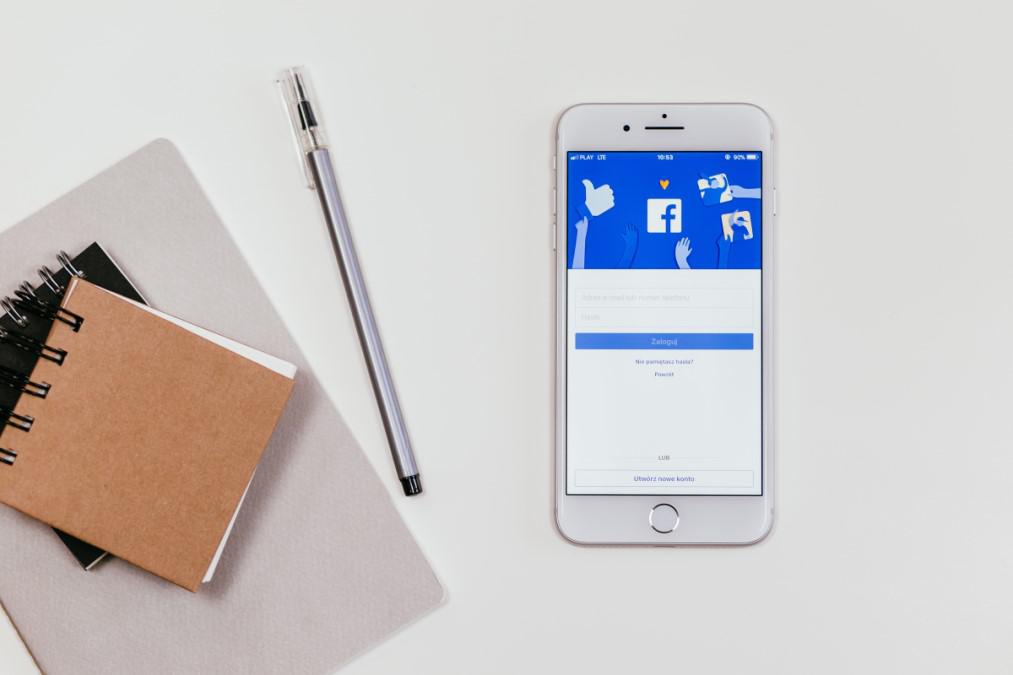Facebook Philippines recently held an online media briefing to discuss how the social media giant is doing its part in the COVID-19 response in the country.
Last month, Facebook launched the COVID-19 information center, a pop-up found at the top of the Facebook News Feed which gives users real-time updates from global and local health authorities and other helpful resources about the pandemic and how to keep healthy.
According to the Facebook team, as of 16 April 2020, Facebook has directed over 2 billion people worldwide to resources from the World Health Organization (WHO) and other health authorities. Over 350 million people were directed after seeing COVID-19 notifications on Facebook and Instagram.
Aside from Facebook and Instagram, WhatsApp and Messenger were also fitted with the COVID-19 Information Hub. Facebook also noted that they are working with health and ICT ministries/departments worldwide to create chatbots to give people up to date information and help these sectors to automate responses for frequently asked questions about the virus.
With people using the platform now more than ever before because of the stay at home orders worldwide, Facebook also noted that they are continuously monitoring usage patterns and adding system capacity as needed. According to data presented, total messaging increased by 50 percent last March in countries severely hit by the virus. Additionally, video and voice calls doubled on Messenger and WhatsApp in places hit hardest.
The social media platform has also added new features to their apps: Rooms is a new live hangout feature in Messenger which can hold up to 50 people without any time limit. WhatsApp will also soon support group voice and video calls of up to eight people. Facebook is bringing back the Live With function on its platform to make collaborating and hanging out more meaningful. Lastly, Instagram will have a Co-Watching feature that allows people to view posts together over video chat.
Removing Misinformation
As more and more people use social media during the global lockdown, Facebook has made it a goal to eradicate misinformation on the platform. The company has over 60 fact-checking partners to help debunk misleading information circulating on the site.
According to the briefing, in March alone, they displayed warnings on about 40 million posts relating to COVID-19 based on some 4,000 articles from their independent fact-checking partners. They added that 95 percent of the time, people did not go on to view the content. Aside from these, they have also removed hundreds of thousands of false information that may cause harm.
Facebook has also prioritized their employees’ health with most of APAC’s content management group ordered to stay at home with full pay. Facebook clarified that only full-time employees can review the most sensitive content in order to maintain the highest level of security and protection of user data. To balance this out, Facebook is using AI and Machine Learning to track and eliminate fake articles and false information on the platform.
As COVID-19 is a new disease and much is unknown. Facebook is working closely with WHO to identify what counts as misinformation on COVID-19. Locally, Facebook Philippines is also working with the government and other credible organization to provide accurate updates.
Mapping the virus
Facebook has also partnered with researchers from Harvard University’s School of Public Health and National Tsing Hua University in Taiwan to create disease maps for the virus by using available data resources.
They have developed a co-location map that reveals the probability that people in one area will come in contact with one another, helping researchers forecast where the next cases will be. Another is a movement range trend at the regional level to see whether people are staying at home and whether preventive measures are being implemented properly. Lastly, they have developed a Social Connectedness Index that shows friendship across states and countries. This helps epidemiologists forecast the likelihood of disease spread, and where areas hardest hit by the pandemic might need support.
Facebook is also working with Carnegie Mellon University to conduct a global symptom survey that asks people if they have symptoms associated with COVID-19. Researchers from the university will correlate feedback with public data and will ultimately be able to forecast the spread of the disease.
Supporting local communities and businesses
To help local communities, Facebook has created the Community Connect: Navigating COVID-19, a global digital event to support Facebook Group admins. Facebook has also created the Community Help feature in the COVID-19 Information Center. The feature enables people to request or offer help to their neighbors and friends such as volunteering to deliver groceries or donating to local food bands and fundraisers.
The social media giant has also directly donated to various charitable causes for the COVID-19. The company will match every USD 10 million donated to the UN’s COVID-19 Response Fund.
As countries are forced into lockdown and businesses to suspend operations, Facebook is also helping SMBs on their platforms cope during these times. The social media giant has already offered a USD 100 million small business grant for 30,000 eligible small businesses in more than 30 countries. The company also launched the Business Resource Hub which contains tips and training to help businesses navigate the new challenges brought about by the pandemic.
